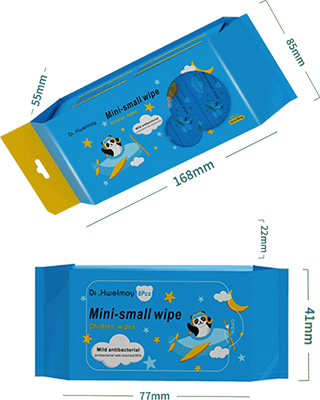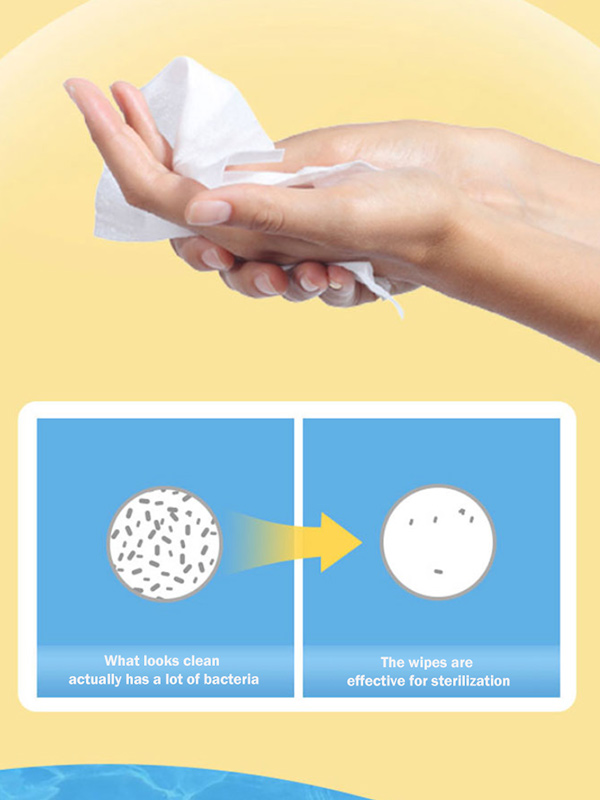Antibacterial wipes, cotton swabs and hygiene products should not be flushed into the toilet. Photo: iStock
Your web browser may be out of date. If you are using Internet Explorer 9, 10 or 11, our audio player will not work properly. For a better experience, please use Google Chrome, Firefox or Microsoft Edge.
Clean Coasts, an environmental organization, worked with Irish Water to highlight the damage that items such as cotton swabs and antibacterial wipes can cause when they are discarded in the toilet.
Think before flushing is an annual public awareness campaign about the problems that sanitary products and other items can cause to households, wastewater pipelines, treatment plants, and pipelines in the marine environment. The event is run by Clean Coasts, a part of An Taisce, in cooperation with the Irish Water Company.
According to this movement, blockages can cause backflow and overflow of sewers, thereby spreading diseases.
In view of the increase in seawater swimming and beach use, the sport requires people to consider the impact of their washing behavior and its impact on the environment.
According to the campaign, images of seabirds affected by marine debris are too common, and people can play a role in protecting beaches, oceans and marine life.
“A small change in our flushing behavior can make a big difference-put wet wipes, cotton swabs and sanitary products in the trash can instead of in the toilet” is the message of the event
According to Tom Cuddy of the Irish Water Company, removing blockages in pipelines and treatment plants “may be an annoying job” because sometimes workers have to enter the sewer to remove the blockage with a shovel.
Mr. Cuddy said that in this year’s study, the number of people who admitted to discarding inappropriate materials dropped from 36% in 2018 to 24%. But he pointed out that 24% represents nearly 1 million people.
“Our message is very simple. Only 3 Ps. Urine, poop and paper should be flushed into the toilet. All other items, including wet wipes and other hygiene products, even if they are labeled with a washable label, should be put in the trash can. This will Reduce the number of clogged sewers, the risk of homes and businesses being flooded, and the risk of environmental pollution causing harm to wildlife such as fish and birds and related habitats.”
At the Ringsend Sewage Treatment Plant in Dublin, the plant treats 40% of the country’s wastewater and removes an average of 60 tons of wet wipes and other items from the plant every month. This is equivalent to five double-decker buses.
On Lamb Island in Galway, approximately 100 tons of wet wipes and other items are removed from the wastewater treatment plant each year.

Sinead McCoy of Clean Coasts asked people to consider preventing “wet wipes, cotton swabs and sanitary products from washing down on Ireland’s spectacular beaches.”
“By making small changes to our flushing behavior, we can prevent the harm caused by sewage-related garbage in the marine environment,” she said.
The Crossword Club provides access to more than 6,000 interactive crossword archives from The Irish Times.
Sorry, USERNAME, we were unable to process your last payment. Please update your payment details to continue to enjoy your subscription to The Irish Times.

Post time: Aug-20-2021

